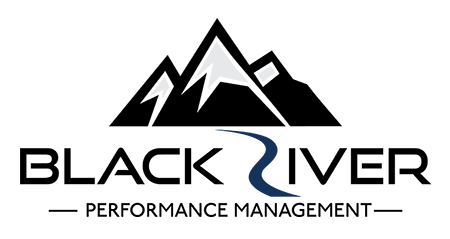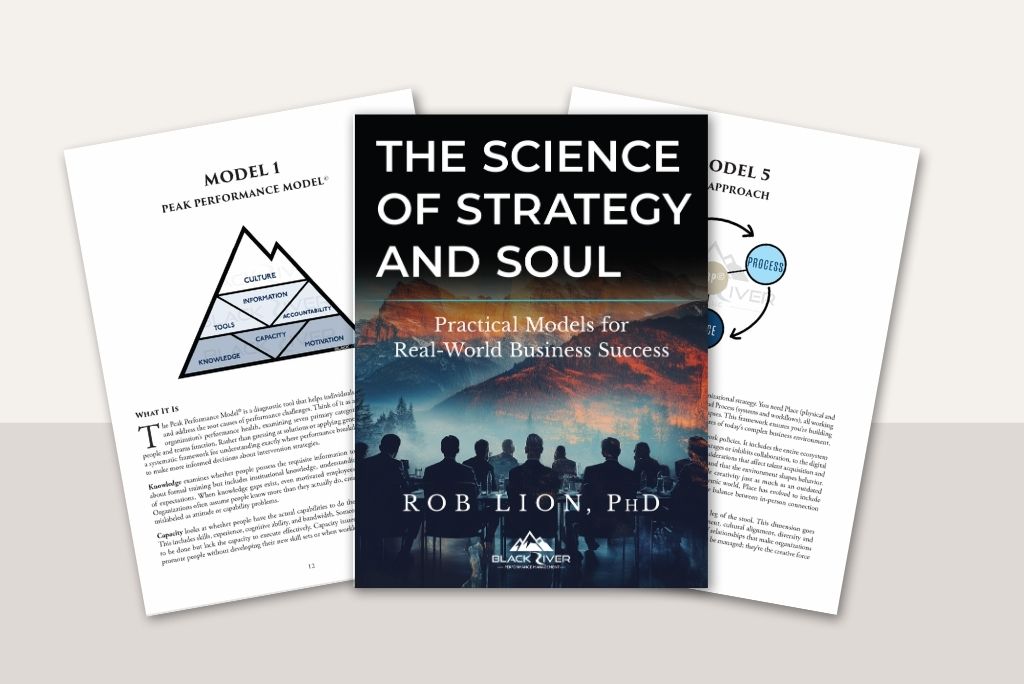Article: Lion, Burch, & Bolinger. (2024). Athletic Identity and Discretionary Effort at Work. Organization Management Journal, 21(3).
In June, colleagues from Idaho State University and I published a paper that studied former athletes in the workplace. The study was created because of the openly-shared preferential hiring practices related to athletes and former athletes (I raised this issue several years ago – see entry). When I say “open,” I am referring to both leaders’ claims made to me, as well as the robust business of promoting and employing athletes and former athletes.
Overview
As we aim to study claims, beliefs, or trends, we need to take the concept and break it down into smaller, measurable elements. Herein lies one of the biggest challenges we encounter in the workplace – we sometimes use language in general and sweeping ways to attempt to communicate ideas, beliefs, and preferences. This is often at the heart of many discrepancies in performance and organizational culture – we might know the same word, say “motivation,” but we may never have agreed as to what the term motivation means. So, words and concepts matter as we study things.
The article identifies several topics we studied to get to the heart of the matter. Those concepts are:
- Athletic identity—This may be considered a subset of our overall identity. Our identity is our sense of self against the world/community we live in. There is nothing inherently special about the concept of “athletic” identity as opposed to “gamer” or “brand” identity.
- Discretionary effort—This refers to how a person chooses (with a level of awareness) to allocate resources to a task. In this instance, we are exploring how an individual willfully provides more or less effort (or energy) toward an aspect of their work. Discretionary effort is one of several measures tied to employee engagement.
- Locus of control—Who or what is responsible for your successes and shortcomings? Depending on your answer, you may be more internally or externally oriented, a similar concept is “intrinsic” and “extrinsic” motivation. Are the sources of your motivation more internally or extrinsically oriented? In the situation of locus of control, we are examining the extent to which we attribute our wins and losses to ourselves (internal) or others (external). Locus of control is a great concept to examine when considering ownership of outcomes with employees.
- Self-regulation—The last construct we selected examined the process of maintaining self-control. While there are some differences between regulation and control, self-control might be better suited for our purpose in this blog post. If you are familiar with emotional intelligence, self-regulation is commonly one of its subsets.
There are many other types of measures we could have chosen. However, as with most researchers, we do our best to narrow the field of options to what seems best or most reasonable.
Let’s jump straight to the findings based on the hypotheses. Are you a little rusty about what a hypothesis is and why it is important? Think back to when you studied the scientific method in school. Hypotheses are statements based on a belief or assumption you want to test. It is a concise statement that is answered through testing. A very simple hypothesis from our middle school days is, “When heat is added to paper, then the paper will burn.” This is a simple statement, but how it is written may not lead everyone to the same conclusion. The variables matter in testing the hypothesis, and language choice matters. For example, I said “heat,” not “fire,” so the design and outcome of the study will be based on heat unless the study is updated.
In our study, we had three hypotheses.
Hypothesis 1—Athletic identity will be positively related to discretionary work effort.
We discovered that this was not true. Athletic identity did not predict work effort. This is an important finding for practitioners because many believe there is a linear relationship in the assumption that athletes make better employees despite empirical evidence to support it. Based on this hypothesis, the test fails to demonstrate the relationship. It would have been great if it had yielded a predictive relationship. Then, I wouldn’t be as concerned about the bias towards athletes. Since this test didn’t hold up, this tells me that we need to abandon such a simple assumption.
For the subsequent two hypotheses, there is more hope in the relationship between athletic identity and work effort, but it isn’t easy to execute in an interview as Hypothesis 1’s assumption. I will break this down further in the Takeaways Section below.
Hypothesis 2—Athletic identity will positively impact discretionary effort at work indirectly through behavioral self-regulation. In this hypothesis, we reject the null hypothesis, which means we find evidence of a relationship between the identity factor and effort, but only when individuals possess self-control.
Hypothesis 3—Athletic identity will positively impact discretionary effort indirectly through locus of control. In this hypothesis, we again reject the null hypothesis, which means we find evidence of a relationship between the identity factor and effort when locus of control is present.
Takeaways
I highly encourage you to embrace these findings. If you want to attempt to operationalize them in your future candidate screening, please read on.
1. Hiring based on past athletic experience alone is narrow-sighted, and no studies have supported this practice. Also, remember, we didn’t measure experience; we measured athletic identity, which refers to the mindset of how they see themselves. This may or may not be a better measure—we won’t know until it is tested. The bottom line is that we can’t make the association that athletic experience equals more qualified candidates.
2. Where the opportunity truly lies, regardless of experiences and identity, is that we continue to find strong evidence that individuals with high levels of self-regulation and internal locus of control are more effective in the workplace. So, the aim is to include interview questions on those two topics. Also, if you want to strengthen your screening further, consider using select personality and behavioral assessments to add a different perspective. When paired with interviews, this comprehensive body of information tends to result in better hires.
3. Another approach to take in screening is exploring how a person is reflective and how these mental frameworks are leveraged to tackle obstacles. Using scenarios and drawing on past experiences are helpful ways to unpack their mental frameworks. In several instances, these approaches draw upon grit(consciousness), resilience, ambitions, commitment, etc. The good news is plenty of non-athletes also possess these traits, so these are factors to include in your screening process. To do this, explore how they tell the story about using their mental frameworks to work through challenges. While only your applicants can speak to their mental framing, their references can speak to their determination, effort, time on task, consistency, etc.
A few final thoughts
As I laid out the content for this piece, I reflected on a few things.
1. I continue to see too many organizations using screening approaches that are too shallow, too short-sighted, and measuring the wrong things.
2. A risk I observe that doesn’t always serve the organization well is outsourcing hiring functions. I am not against search firms that complete a robust process. However, it can be problematic when an outside person or even an internal person outside the area of need (for example, an HR staff member filling a nurse position) is solely responsible for filling vacant positions. There is so much to unpack here that it may warrant a separate blog post. If the team and organizational culture is an important part of your brand or strategy, this “outsourcing” may need to be revisited.
3. The combination of well-designed interview tactics, assessments, and high-quality reference checks can offer a significant return on investment. I am always happy to meet with organizations to explore this framework further.
4. Finally, there continues to be evidence of sports’ value in developing prosocial behaviors. However, this isn’t something special/unique to sports; it is crucial to recognize that other group-oriented activities hold the same potential. So, if you give preferential treatment to athletes or former athletes, you may be missing the potential of others.



